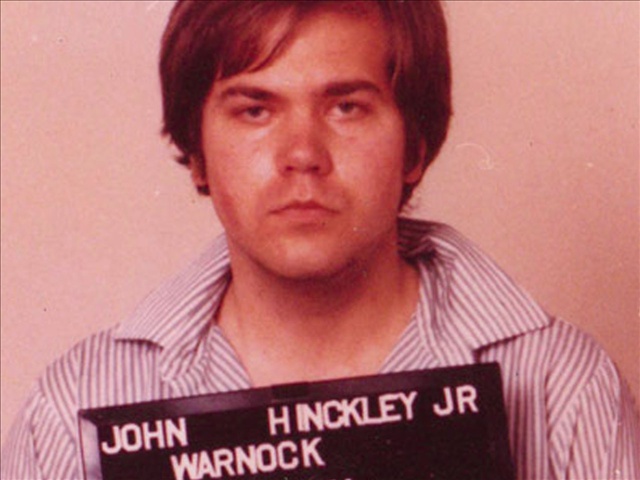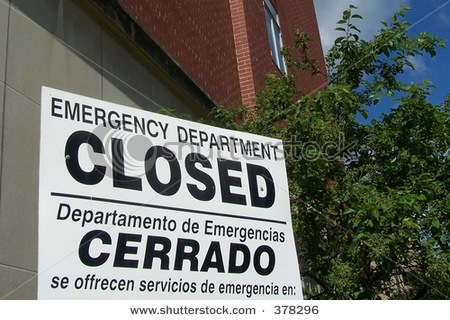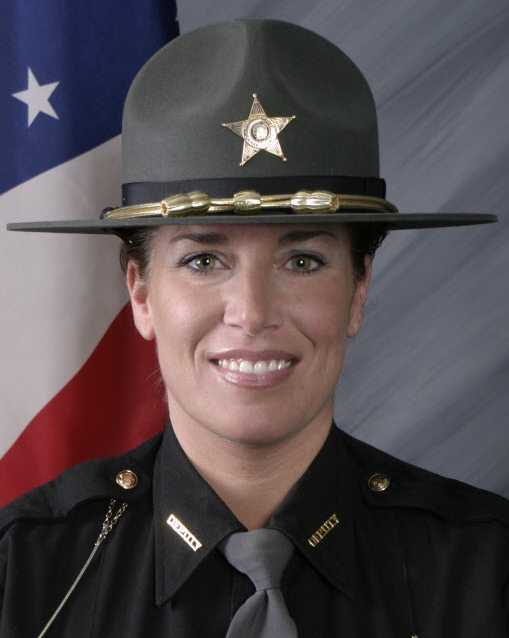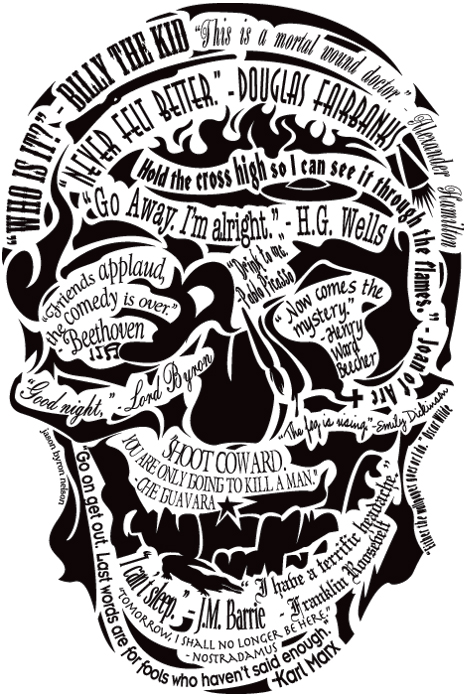
A front page story in The Washington Post yesterday was published under the headline: “Hinckley: Man on the mend or a danger?”
According to the story, a federal judge will decide the fate of would-be assasin John W. Hinckley Jr., this week after listening to five days of testimony. Hinckley’s family members, as well as his doctors and case manager, claim the now 56-year old Hinckley does not present a danger either to himself or to the community. The depression and unspecified mental disorder that drove him — along with his narcissistic personality disorder — to nearly kill President Ronald Reagan in 1981 are now all under control.
That’s not so, prosecutors claim. They insist that Hinckley, who has spent the past three decades in mental facilities, is deceptive, lazy, and can’t be trusted. The Post quoted Assistant U.S. Attorney Sarah Chasson stating, “Mr. Hinckley has not been a good risk in the past and, therefore, is not going to be a good risk in the future.”
The judge is being asked to determine if Hinckley is “dangerous.” If he is, the judge will not grant him more freedom than the ten day visits that he currently is allowed periodically with his mother — while being monitored by the U.S. Secret Service.
I often am asked how “dangerous” became the criteria that is used to decide if someone is so mentally ill that he/she can be involuntarily held and forced to undergo treatment. The question is an important one, especially for those of us who have loved ones with mental disorders.







